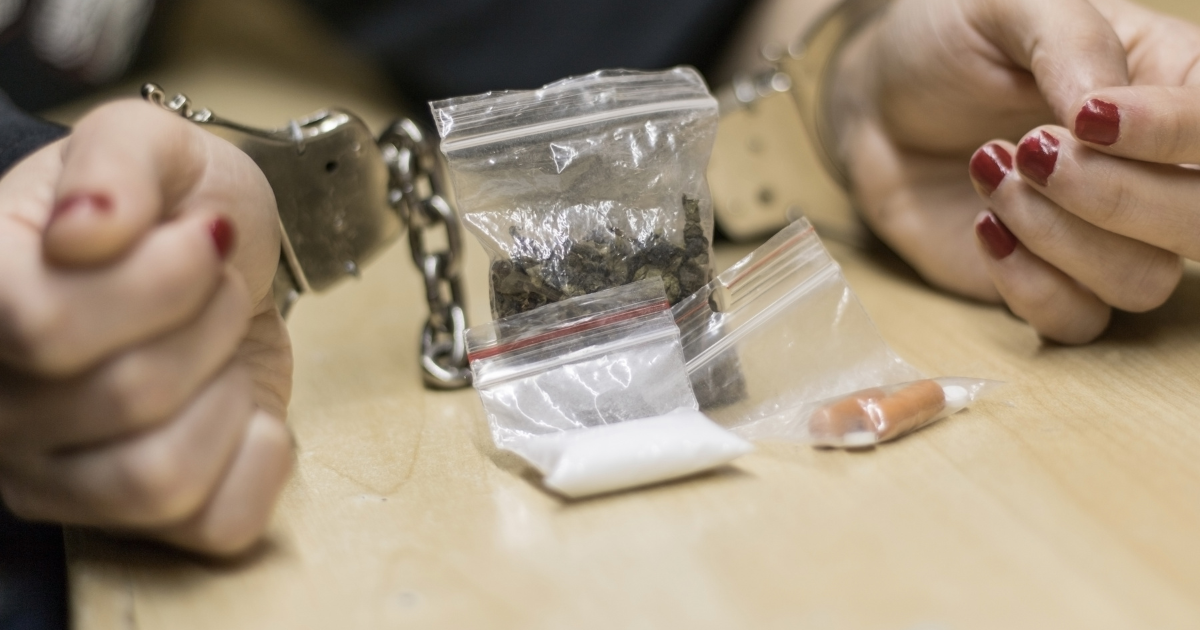
NDPS & NCB Law
NDPS & NCB Law
The Narcotics Drugs and Psychotropic Substances Act, 1985, was passed in order to enforce strict regulations that forbid the manufacture, distribution, possession, sale, transit, acquisition, and use of any narcotics or psychotropic substances inside the borders of India.
The Act makes a distinction between small-scale and large-scale drug and psychotropic substance production. More than 238 different types of narcotics and psychotropic substances that are illegal under the Act are listed in detail in the Table under Sections 2(viia) and (xxiiia) of the Act, both in minor and commercial quantities.
A distinct process for cases registered under the NDPS Act is established under this unique legislation. All charges falling under the Act are handled by the Narcotics Control Bureau (NCB), a specialized police organization. Every District Court has a Sessions Court that is tasked with handling all matters under the NDPS Act. This makes the Sessions Court a special court, meaning that only the Special Court of Sessions has the initial authority to handle all cases under the NDPS Act.
There are two primary components to the trial in NDPS cases. The first step is the case’s institution, in which the NCB is primarily responsible from the time the initial information is received until the final report is submitted to the Special Court or Sessions Court. From the moment the NCB receives the first information, it has the authority and responsibility to look into the case, arrest the accused and co-accused, seize any narcotics or other substances, and prepare a police report or complaint to present to the judge of the Special Court of Sessions. At the time of bail and the accused’s discharge or acquittal from the case, any failure on the side of the prosecution or NCB to follow the pre-trial investigation method is explicitly stated in the NDPS Act.
For offenses involving Sections 19, 24, and 27A, or for offenses involving commercial amount, the NCB is required to prepare the police report or complaint within 180 days (or within whatever time frame the court may extend) and within 60 days in other situations. The trial before the court, which is the Second Part, begins when the police report or complaint is submitted or filed before the Sessions Court.
It is important to remember that the accused has the legal right to go to the Special Court of Sessions in the jurisdiction where the matter is ongoing and request anticipatory bail prior to being arrested if they learn that a case under the NDPS Act has been filed against them. Should the Sessions Court be unwilling to grant anticipatory bail, the accused may petition the High Court and then the Supreme Court to challenge the plea for anticipatory bail.
In contrast, the accused has the legal right to petition the Special Court of Sessions in the jurisdiction where the case is underway for ordinary bail if they have been arrested by the NCB and are currently in police or judicial custody. The accused may appeal a regular bail application on their behalf to the High Court and subsequently the Supreme Court if the Sessions Court is unwilling to award regular bail. Our firm is regarded as the best NDPS and NCB lawyers in Delhi, and we practice NCPS law before several Delhi courts.
It is crucial to remember that the embargo imposed by section 37 of the NDPS Act makes it impossible for the accused to obtain bail under the Act. However, the Sessions Court itself may grant bail if the accused has adequate proof and is presumed innocent.
If the amount recovered is not of commercial quantity, the section 37 embargo does not apply. According to a table released by the Indian government, the amount collected is classified as either little or commercial.
